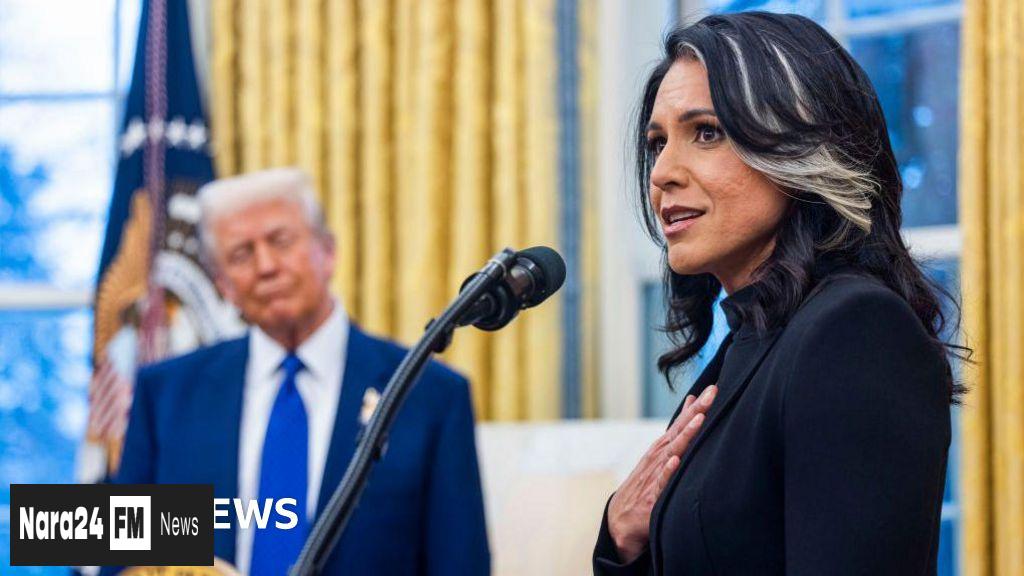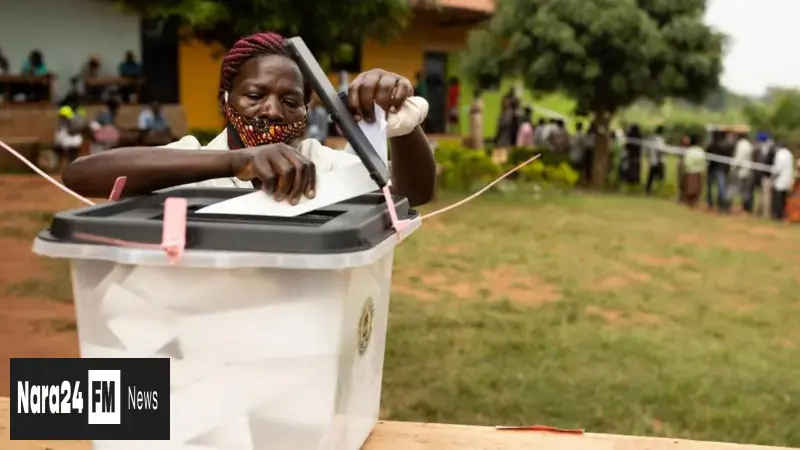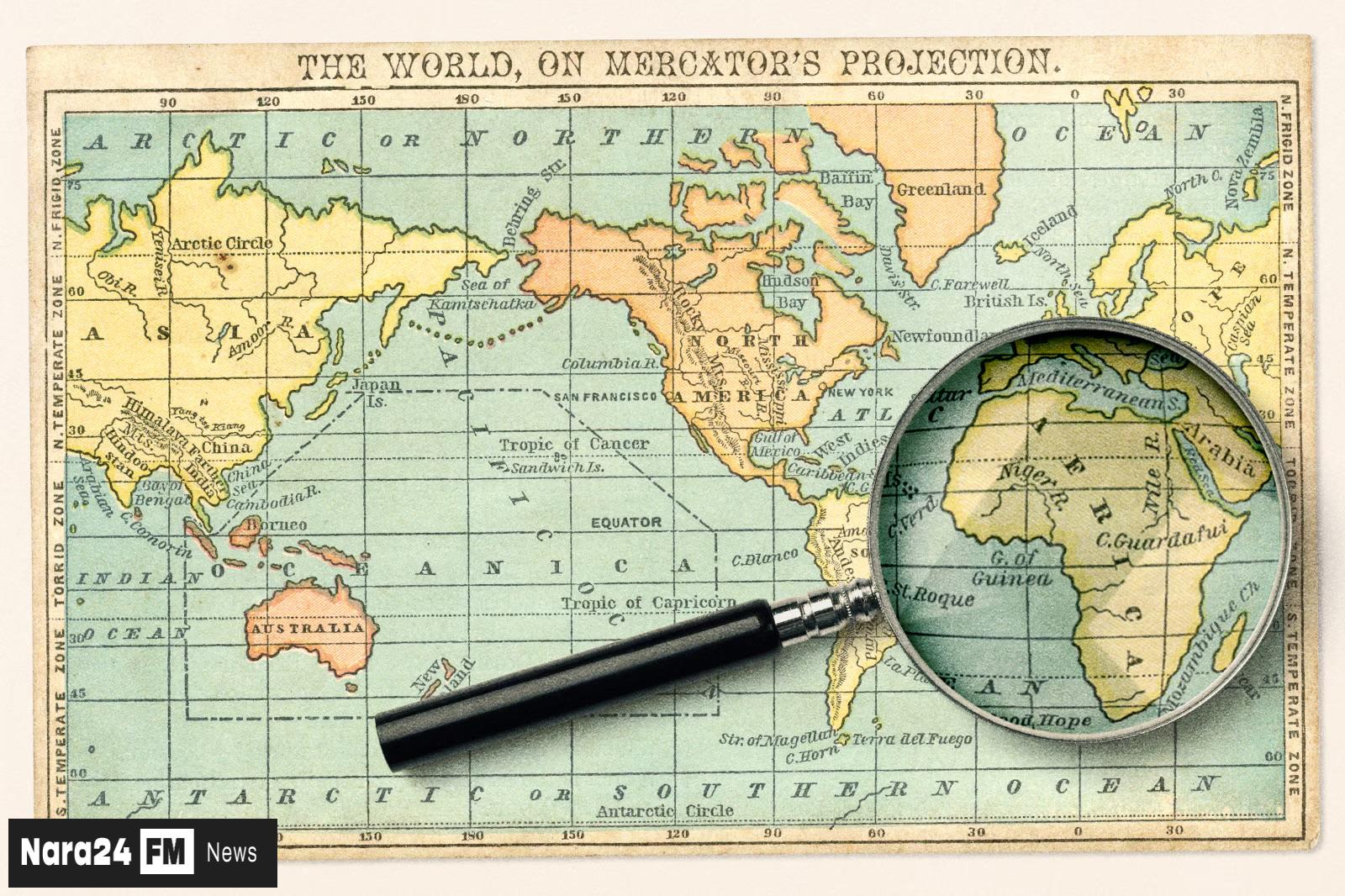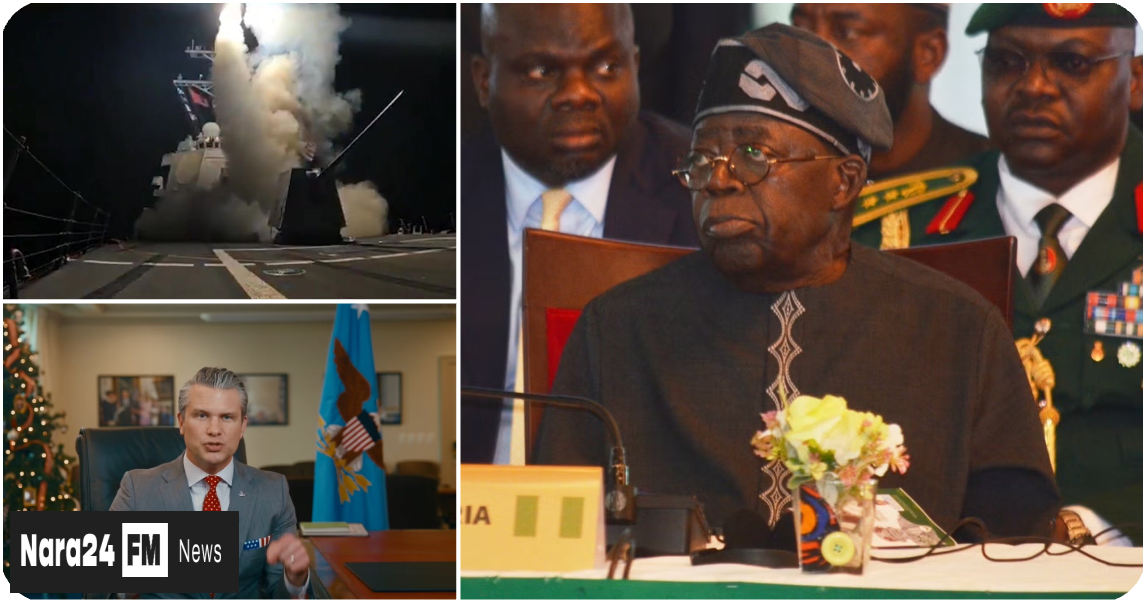In This Article
- Tulsi Gabbard's Changed Stance on Iran's Nuclear Capabilities
- Intelligence Reports and President Trump's Comments
- Concerns Raised by International Bodies
- Escalating Tensions and Military Actions
- Implications for International Relations
Key Takeaways
- Tulsi Gabbard warns that Iran could develop a nuclear weapon 'within weeks.'
- Gabbard's change in position follows recent intelligence reports and comments from President Trump.
- Concerns raised by international bodies like the IAEA regarding Iran's enriched uranium stockpile.
- Tensions between the U.S., Israel, and Iran have escalated, leading to military strikes and casualties.
- The situation highlights the complexities and uncertainties in international relations, especially in the Middle East.
Former U.S. Congresswoman Tulsi Gabbard has reversed her stance on Iran's nuclear capabilities, now suggesting that the country could be on the verge of producing a nuclear weapon within a very short timeframe. This change in position came after Gabbard had testified to Congress earlier this year that Iran did not have intentions to build nuclear weapons.
Gabbard's initial statements, made in March, were rebutted by the U.S. Director of National Intelligence, who claimed that her remarks had been misconstrued by the media. However, in light of recent intelligence reports and comments from President Donald Trump indicating that Iran possessed significant nuclear materials and was close to nuclear weapon development, Gabbard has adjusted her viewpoint.
President Trump has been vocal about preventing Iran from acquiring nuclear weapons and has suggested that he is evaluating potential military actions against Iran in collaboration with Israel. Gabbard echoed these sentiments in her recent social media post, highlighting that U.S. intelligence now indicates Iran's capability to produce a nuclear weapon in a matter of weeks to months.
Despite Iran's continuous assertions that its nuclear program is solely for peaceful purposes, concerns have been raised by international bodies like the International Atomic Energy Agency (IAEA) regarding Iran's enriched uranium stockpile, a key component in nuclear weapons production.
Tensions between the U.S., Israel, and Iran have escalated in recent months, with Israel launching strikes on Iranian military facilities. Iranian retaliation has resulted in casualties on both sides, further intensifying the conflict.
This shift in Gabbard's stance on Iran's nuclear potential underscores the complexities and uncertainties surrounding international relations, particularly in the volatile Middle East region.








Comments (0)
Leave a Comment
Be the first to comment on this article!